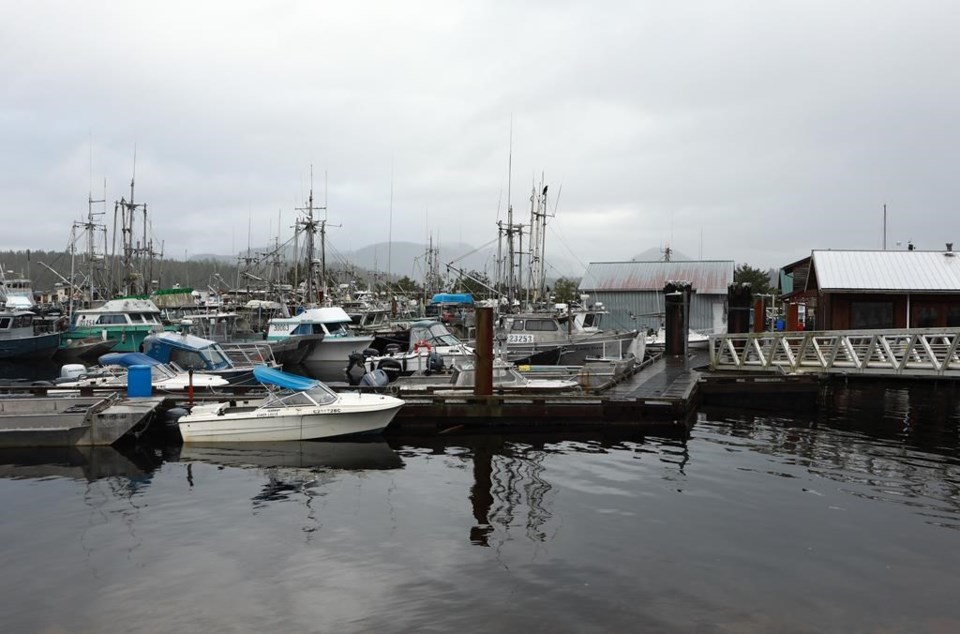BELLA BELLA, B.C. — A British Columbia First Nation is suing the federal government for banning one of its commercial fisheries back in 2022.
The Heiltsuk Nation claims the federal fisheries minister's decision to close the commercial harvest of herring spawn-on-kelp in the nation's territory was an infringement of its Aboriginal rights.
In a lawsuit filed in B.C. Supreme Court against the Attorney General of Canada, the nation claims it developed joint management plans for harvests with staff from the Fisheries Department for several years leading up to 2022.
The Heiltsuk and the department's joint plan for 2022 had called for the nation to be able to take nearly 138,000 kilograms of herring eggs for commercial purposes in that season's spawn-on-kelp harvest. The harvest involves removing herring eggs from kelp after herring have spawned.
But the nation claims the fisheries minister rejected the plan for 2022 “and instead substituted her unilateral decision to close the commercial 91原创 herring fishery” in the province’s Central Coastal waters that year.
The lawsuit says the closure left its members unable to harvest the spawn-on-kelp for commercial purposes, disrupting "an economic lifeline" for the Indigenous community as well as a "cornerstone of Heiltsuk culture for thousands of years."
The nation issued a statement about the lawsuit this week, after filing it in December.
Heiltsuk Nation Elected Chief Marilyn Slett said in the statement that her community "did not take the decision to commence legal action lightly," but closing the fishery seriously infringed the group's rights.
In an interview, Slett said the fishery is a "main economic driver" for the nation, bringing in about $6 million in revenue and employing around 700 harvesters each season in a community of about 2,400.
The largest export market for the commercial harvest is Japan, and Slett said the minister's decision that year was "shocking to our community" and its effects were "quite substantial."
The nation claims the closure in 2022 undermined ongoing reconciliation agreements, disrupting a relationship that had been built up over years of collaboration in developing management plans for the spawn-on-kelp harvest each spring.
Slett said the plan for 2022 called for a "modest fishery" and the closure that year "was a real hardship for our community."
"We do hope that Canada will come to the table and we'll have an opportunity to talk through this," Slett said. "We did not have that opportunity at the time."
The nation said in its statement that this isn't the first time the 91原创 government has overstepped in making fishery decisions affecting the Heiltsuk's territory.
“It was only a few years ago that Heiltsuk resolved a claim against the Government of Canada for past infringements of our rights to fish herring spawn-on-kelp," said Heiltsuk Hereditary Chief Harvey Humchitt in the statement.
"So, we are frustrated to have to take this step again.”
Fisheries and Oceans Canada did not immediately provide comment on the lawsuit.
This report by The 91原创 Press was first published Feb. 27, 2024.
The 91原创 Press



